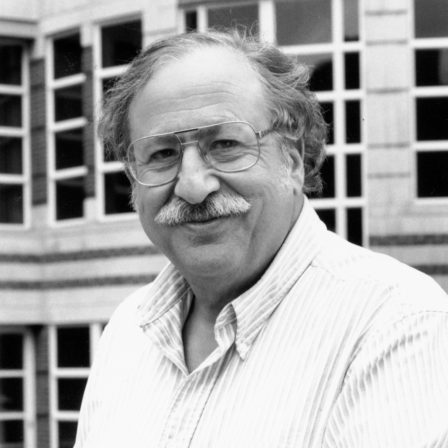Dr. Marshall Ganz
Senior Advisor (Kennedy School of Government, Harvard)
As Rita E. Hauser Senior Lecturer in Leadership, Organizing and Civil Society at the Kennedy School of Government, Marshall Ganz teaches, researches, and writes on leadership, narrative, strategy and organization in social movements, civic associations, and politics. He grew up in Bakersfield, California where his father was a Rabbi and his mother, a teacher. He entered Harvard College in the fall of 1960. He left a year before graduating to volunteer with the 1964 Mississippi Summer Project. He found a “calling” as an organizer for the Student Nonviolent Coordinating Committee, and, in the fall of 1965 joined Cesar Chavez in his effort to unionize California farm workers. During 16 years with the United Farm Workers he gained experience in union, political, and community organizing; became Director of Organizing; and was elected to the national executive board on which he served for 8 years. During the 1980s he worked with grassroots groups to develop new organizing programs and designed innovative voter mobilization strategies for local, state, and national electoral campaigns. In 1991, in order to deepen his intellectual understanding of his work, he returned to Harvard College and after a 28-year “leave of absence” completed his undergraduate degree in history and government. He was awarded an MPA by the Kennedy School in 1993 and completed his PhD in sociology in 2000. He has published in the American Journal of Sociology, American Political Science Review, American Prospect, Washington Post, Los Angeles Times, Stanford Social Innovation Review and elsewhere. His newest book, Why David Sometimes Wins: Leadership, Organization and Strategy in the California Farm Worker Movement was published in 2009, earning the Michael J. Harrington Book Award of the American Political Science Association. In 2007-8 he was instrumental in design of the grassroots organization for the 2008 Obama for President campaign. In 2010 he was awarded an honorary doctorate in divinity by the Episcopal Divinity School. In association with the global Leading Change Network of organizers, researchers and educators he coaches, trains, and advises social, civic, educational, health care, and political groups on organizing, training, and leadership development around the world.
